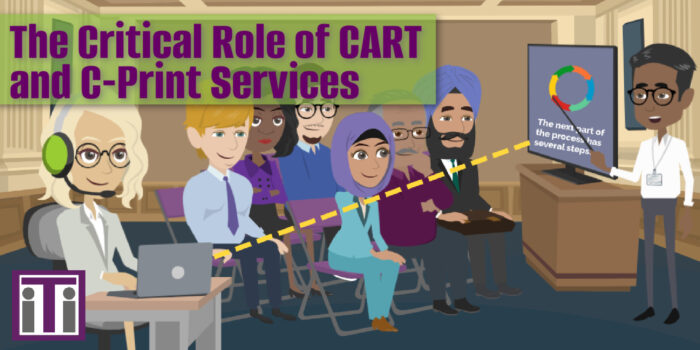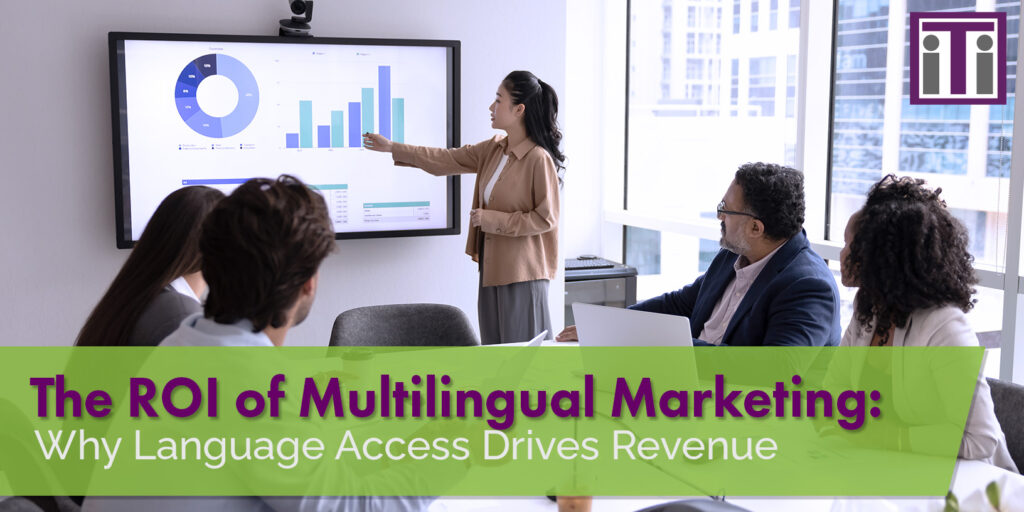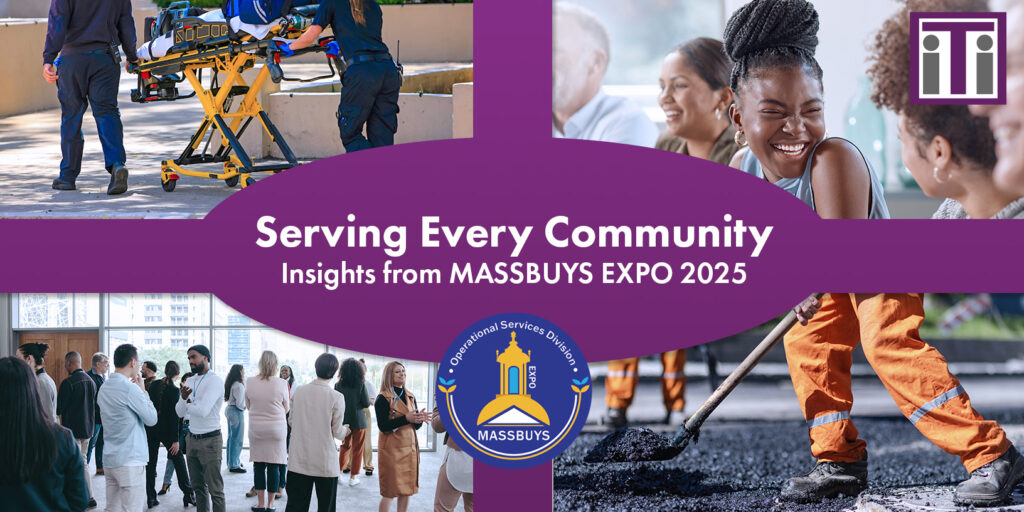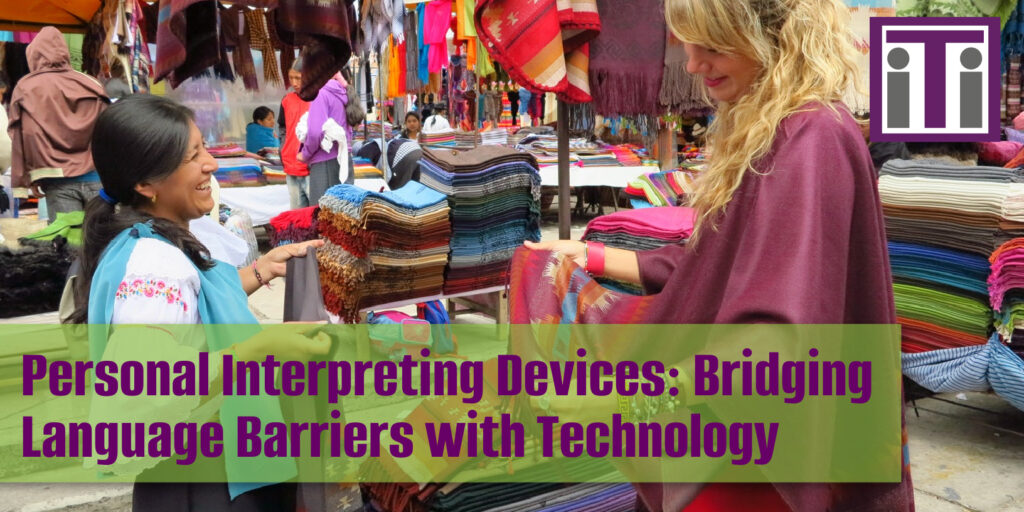The Critical Role of CART and C-Print Services: Ensuring Accessibility for the Deaf and Hard of Hearing
Reading Time: ~4 mins
Understanding CART and C-Print Services
In today’s diverse world, ensuring that everyone has equal access to communication is paramount. CART (Communication Access Realtime Translation) and C-Print Services are two crucial tools in achieving this goal, especially for individuals who are Deaf or Hard of Hearing. These services not only empower individuals but also comply with federal laws and regulations, ensuring that institutions and businesses meet the necessary standards of accessibility.
What are CART Services?
CART Services involve the real-time translation of spoken words into text. This speech-to-text technology is often used in various settings like educational institutions, corporate meetings, and public events, providing instant access to what is being said for those who are Deaf or Hard of Hearing. CART Services are typically delivered by professional stenographers who are adept at quickly converting speech into readable text. These human stenographers are virtually 100% accurate as opposed to the automatic speech recognition (ASR) tools included in AI tools.
The Role of C-Print Services
C-Print Services, on the other hand, are a specialized note-taking service designed to provide a clear and concise summary of conversations or lectures. This service is particularly beneficial in educational settings where students who are Deaf or Hard of Hearing can have equal access to the information being presented.
| Download our Quick Guide to CART and C-Print |
Legal Compliance and Accessibility
Federal Laws and Accommodations
Both CART and C-Print Services are not just beneficial – they are legally mandated in certain scenarios under federal laws such as the Americans with Disabilities Act (ADA) and Section 504 of the Rehabilitation Act. These laws require institutions and businesses to provide reasonable accommodations to individuals with disabilities, including those who are Deaf or Hard of Hearing. CART and C-Print services qualify as such accommodations, ensuring that these individuals have equal access to communication and information.
Applications in Various Industries
Educational Sector
In the educational sector, CART and C-Print Services are essential in classrooms and lecture halls. They ensure that students who are Deaf or Hard of Hearing can follow along with lectures in real-time, participate in discussions, and have access to the same information as their hearing peers.
Corporate and Professional Environments
In corporate settings, these services are used in meetings, conferences, and training sessions. They ensure that all employees, regardless of their hearing ability, can actively participate and contribute to the workplace.
 Healthcare and Legal Industries
Healthcare and Legal Industries
Healthcare and legal industries also greatly benefit from CART and C-Print Services. In healthcare, they ensure effective communication between patients and providers, while in legal settings, they guarantee that individuals can fully understand and participate in legal proceedings.
Public Events and Conferences
At public events and conferences, these services are indispensable for inclusivity, allowing attendees who are Deaf or Hard of Hearing to engage fully with the content being presented.
Scenarios of Usage
Live Events and Broadcasts
During live events and broadcasts, CART Services provide real-time captioning, making content accessible to a broader audience.
Classroom and Lecture Settings
In educational settings, both CART and C-Print Services play a vital role in providing equal access to learning materials and lectures.
Virtual Meetings and Remote Conferences
With the rise of remote work and virtual meetings, these services have become even more critical, ensuring that online communication remains inclusive and accessible to all participants.
Conclusion
CART and C-Print Services are not just tools for compliance; they are essential services that promote inclusivity and accessibility. By implementing these services, businesses, educational institutions, and public entities can ensure that they are not only adhering to legal requirements but also championing the rights and needs of individuals who are Deaf or Hard of Hearing. Interpreters and Translators, Inc. (iTi) remains committed to providing these vital services, recognizing their importance in creating a more inclusive and accessible world for everyone.
| Talk to an Expert |
Interpreters and Translators, Inc. is a full service language solutions company based in Glastonbury, Connecticut. iTi is an NMSDC-certified minority owned business.






